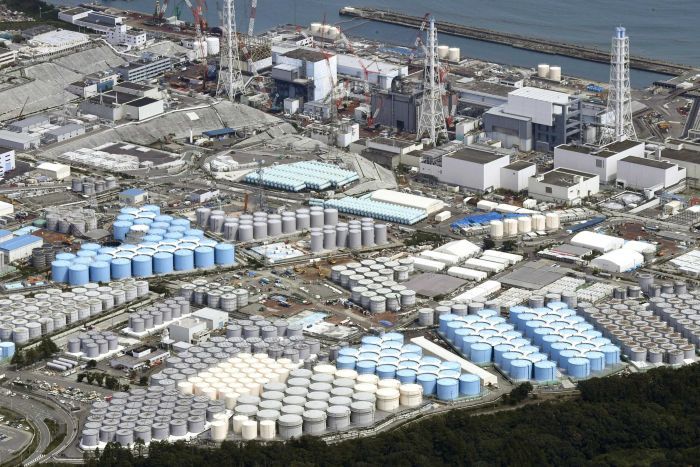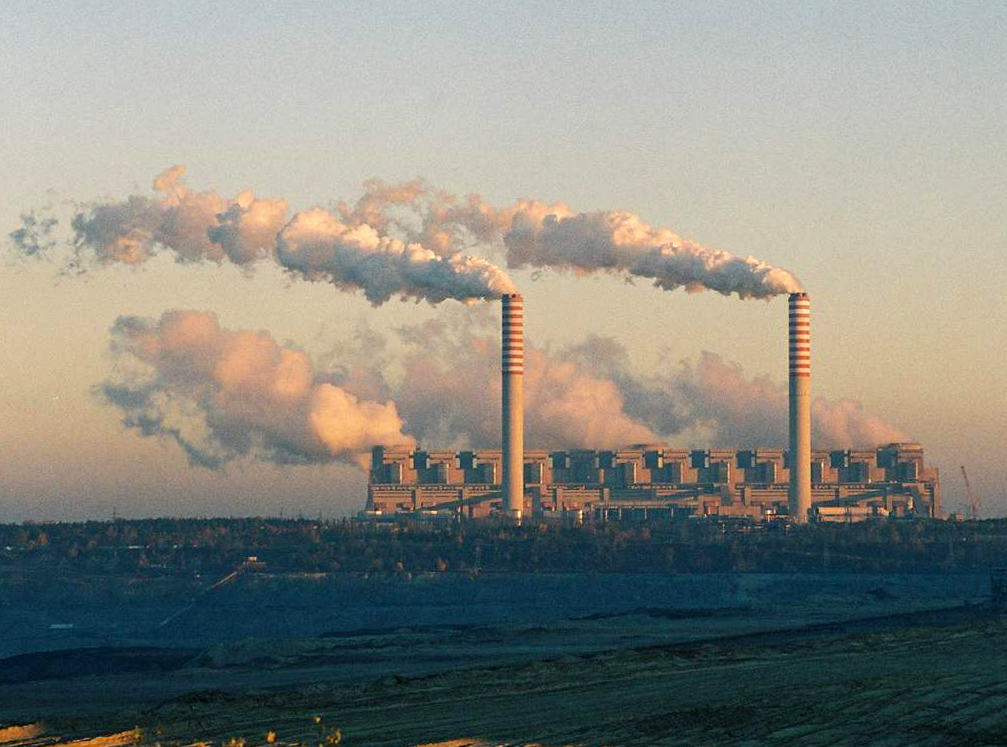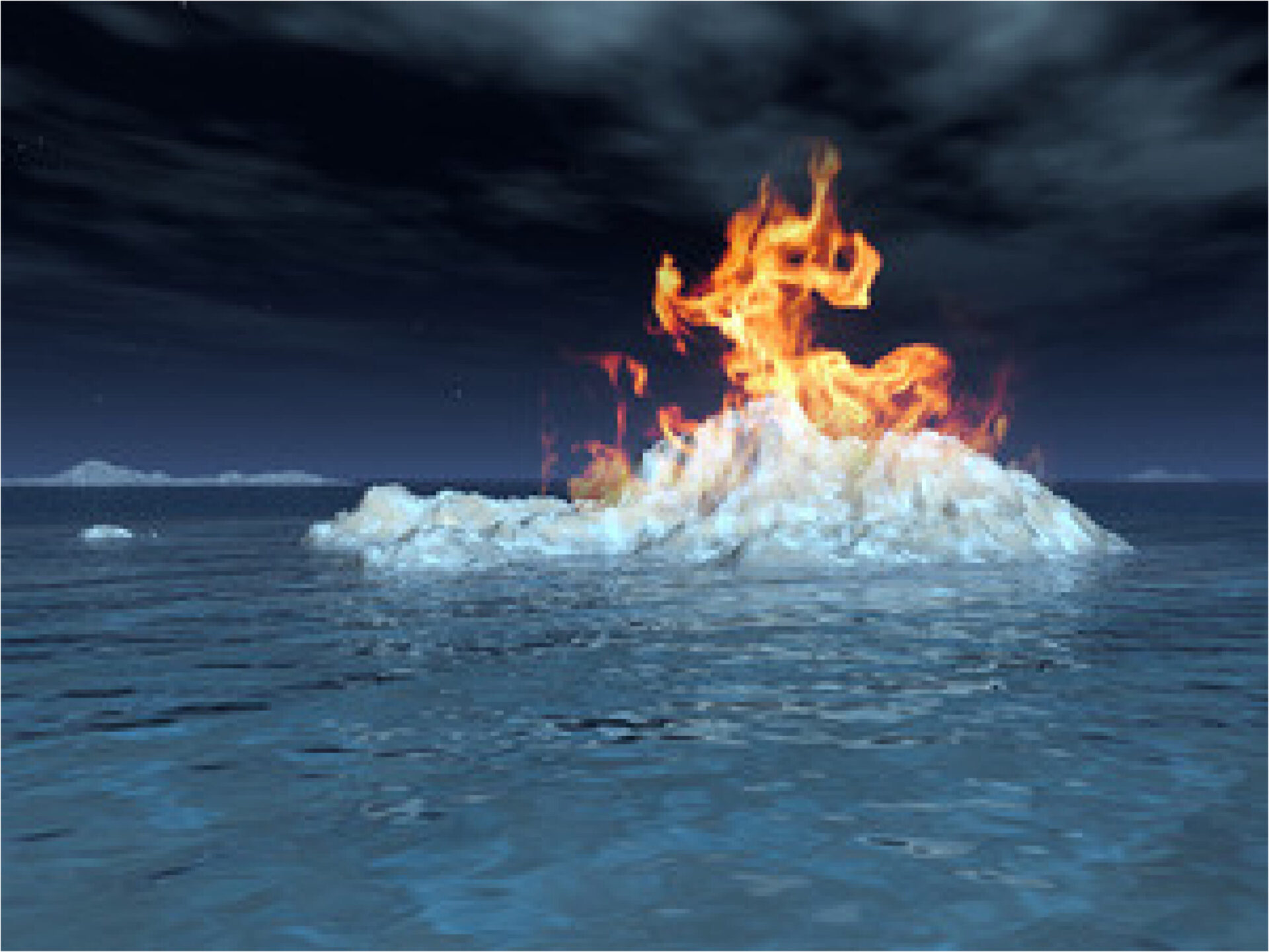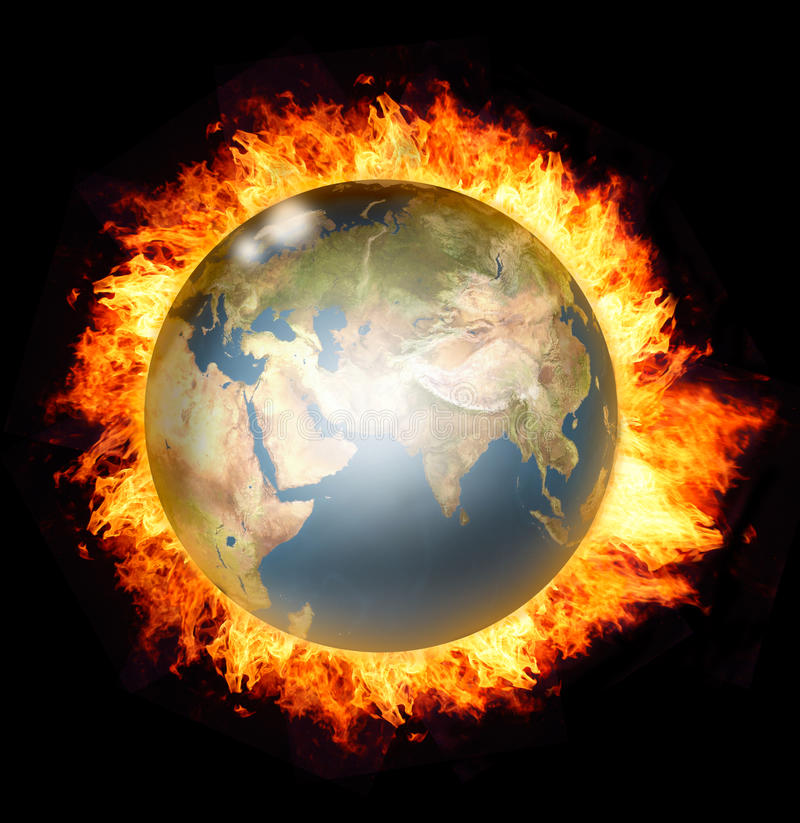Topic: Biodiversity / Biodevastation
-

If Fukushima’s Water Is Safe, Then Drink It!
By now, the world knows all about the decision by Japan to dump tritium-laced radioactive water into the Pacific Ocean. According to Japan’s Deputy Prime Minister Taro Aso, the treated and diluted water will be “safe to drink.” Furthermore, he claims the country should have started releasing it into the ocean earlier. (Source: China to…
-

The Doomsday Glacier Lives up to its Billing
The 21st century serves as an inflection point of acceleration of climate instability caused by human-generated greenhouse gases, as CO2 emissions increase well beyond the rate of the prior century. It’s also a defining timeline of an astonishing ice mass loss rate of 500% more than the last decade of the previous century. Throughout human…
-

Re-Evaluating Solar Photovoltaic Power: Considering the ecological impacts we aim to reduce
Dear Ecologists, Even when reality is harsh, I prefer it. I’d rather engineers say that my water could be off for three hours than tell me that replacing the valve will take one hour. I prefer knowing whether or not tomatoes come from genetically modified seed. If dyeing denim wreaks ecological hazards, I’d rather not…
-
25 Years of GMOs, and Some New Insights from Argentina
In the winter of 1996, Monsanto and a few other companies first began to sell genetically engineered seeds to commercial growers, and also mounted a massive public relations effort to convince people of their supposed benefits. They hyped their new GMOs as the answer to world hunger, a way to help troubled farmers stay on…
-

Menacing Methane: An Analysis
“The story of methane really is a story of a very serious definitive threat to our future existence on this planet.” (Peter Wadhams) Legendary Arctic explorers Sir James Clark Ross, who located the northern magnetic pole in 1831, and Sir William Edward Parry, who set a record in 1827 for the Farthest North exploration serve…
-

An Exhausted Planet Limps into 2021
Early this new year, the Alliance of World Scientists (13,700 strong) delivered a biting report, not mincing words: “Scientists now find that catastrophic climate change could render a significant portion of the Earth uninhabitable consequent to continued high emissions, self-reinforcing climate feedback loops and looming tipping points.” (Source: William J. Ripple, et al, The Climate…
-
Amazon Onslaught
This month Brazil’s President Jair Bolsonaro proposed a new bill promoting mining, expanded agriculture, and energy production on indigenous lands in the Amazon. Accordingly, private developers as well as private hedge funds will occupy and develop land that’s been home to indigenous people for thousands of years. Meantime, during Bolsonaro’s first full year in office,…
-
Blue Acceleration: Capitalism’s growing assault on the oceans
—
by
"The Blue Acceleration: The Trajectory of Human Expansion into the Ocean,” published in January in the journal One Earth, describes and graphs capital’s growing drive to industrialize the oceans and sea beds. Commercial activity in the oceans is expanding rapidly, and “considerable investments … are driving growth in existing industries and the emergence of new…
-
Why I Don’t Have a Mobile Phone
—
by
In the late 1990’s I bought an early model Ericsson mobile phone. Travelling around the UK countryside visiting farmers, it seemed quite useful, in spite of the very intermittent signal availability of that time. After a while I started feeling the side of my head to which I held the phone, heating-up. It was an unpleasant…
-
Green Steel
—
by
It’s fast-growing, flexible and strong. Standing underneath a bamboo canopy, it is easy to understand why people have been using this grass plant for years, in the construction of houses, bridges,scaffolding. Bamboo has several advantages in construction, including its height, light weight, excellent tensile strength and flexibility. Critically, bamboo is also abundantly available and low…





